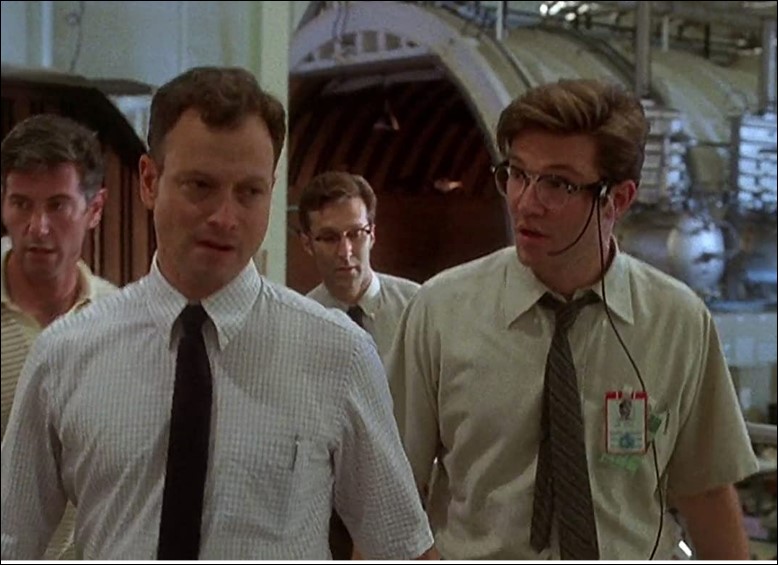Modern information flows shield the good news about the energy transition from conservatives, and the bad news from liberals. Our insulated realities make us too certain too quickly that our preferred truth is THE truth. In fact, we don’t know how technology will change in the future, and therefore how expensive or reliable our preferred low- or zero-carbon energy system will be. But we DO know enough about the accumulating costs of climate change to know that the effort to reduce emissions is a worthwhile one.
If your news feed consists mostly of experts who are lobbying you to support the transition, you may already be certain that the transition will be acceptably affordable for everyone (if only because the consequences of not acting horrify you). Some of those stories steer you away from deeper understanding of the transition by framing true statements about tradeoffs as disingenuous attempts by the fossil fuel industry to delay policy action.
If your news feed consists of experts who are lobbying you against the clean energy transition, you may be certain of its impossibility or inadvisability (and that worrying about climate change is silly). Some of our favorite media outlets may frame true statements about the damage done by climate change as a “false alarm” or “hysteria.”
So it takes a little more effort to educate oneself about the transition. It is demonstrably true that in many parts of the country adding more utility scale renewable energy to the grid will save customers money because that energy is inexpensive. It is also demonstrably true that (i) that energy it intermittent and must be backed up by other sources, and (ii) when there is too much renewable energy in a particular location, it becomes much more expensive to use.
So, the policy debate ought to be about how we manage those energy transition tradeoffs, not a battle of mirror image moral crusades and demonizing of the other side. Chapter 5 of Climate of Contempt is devoted to examining those tradeoffs, and this web site supplements that discussion with a page containing links to sources of good information about those tradeoffs.
Collectively, these sources represent a range of perspectives on these issues, but all are more or less reliable as purveyors of accurate information about the difficult nitty gritty of the energy transition. Most of the links on that page are to websites, blogs, and podcasts.
For students and other readers who browse these sources, two realizations will become evident. One is that we do not yet know how to make “an all-renewables + batteries” energy system as broadly affordable and reliable as the current system. The other is that the most popular conservative anti-energy transition “experts” – people like Bjorn Lonborg, Mark Mills, Steve Koonin, and Alex Epstein – are peddling a false certainty about the impossibility of doing so, and burying the gains to be had from adding more cheap clean electricity in the near term.[1]
The real energy transition, if it is to happen (and I hope it will), will entail hundreds of small choices about how to reduce carbon emissions without jeopardizing reliability or impoverishing the economically vulnerable — each choice adapted to its own time and place. The sheer magnitude of the costs of climate change justify our ongoing attempts to make those tradeoffs wisely. But anyone who suggests that they know today how that process will turn out is lying, either to themselves or to their readers/followers.
David Roberts’ Volts podcast is one of the best deep dives into the nuts and bolts of energy transition tradeoffs in the podcast world. My book criticizes Roberts’ approach to the politics of energy transition policymaking, particularly his posts on social media. But his podcasts on tradeoffs are informative. And a few months after my book went to press, Roberts had a self-described “conservative” guest, which has been a rarity among progressive podcasters. So kudos to him for that.
Students and others who want to understand the nitty gritty of the energy transition process as it unfolds should stay in touch with these websites, blogs and podcasts.[2] Sample different perspectives, and think most critically about the perspectives that are most like your own. – David Spence
[1] I am not trying here to join the chorus of online lobbyists who allege that these people are insincere shills for the fossil fuel industry, only that their analyses are wrong in important ways.
[2] One of those is the EnergyTradeoffs.com web site, with which I am involved; it consists of short conversations with academics about their work investigating these tradeoffs, and links to that work.

